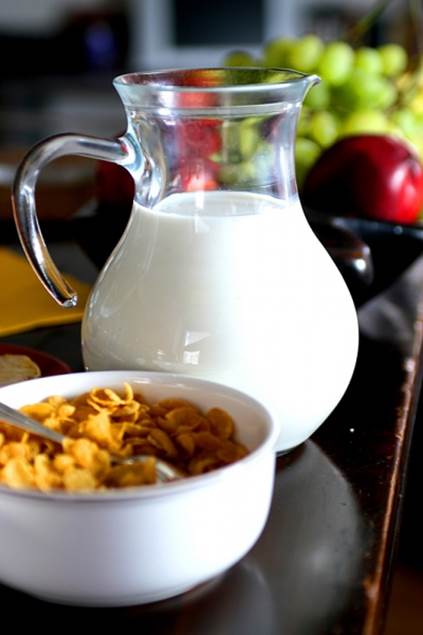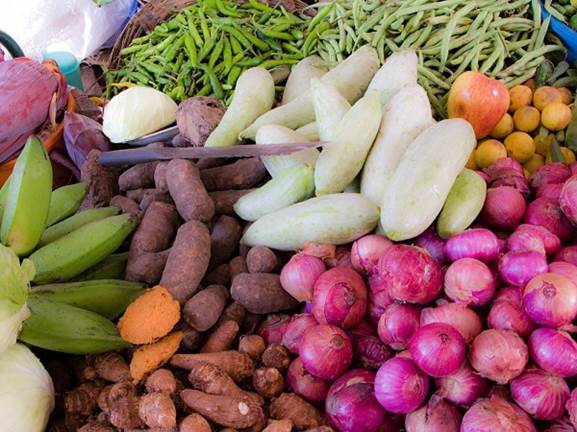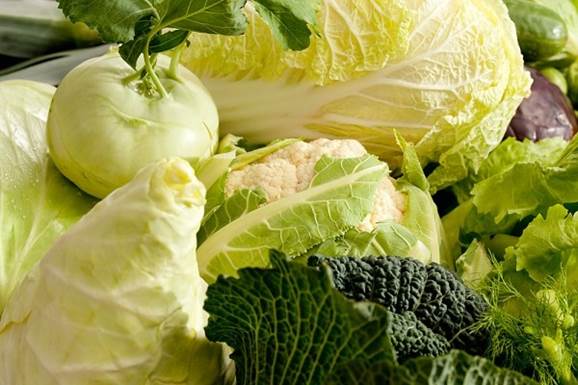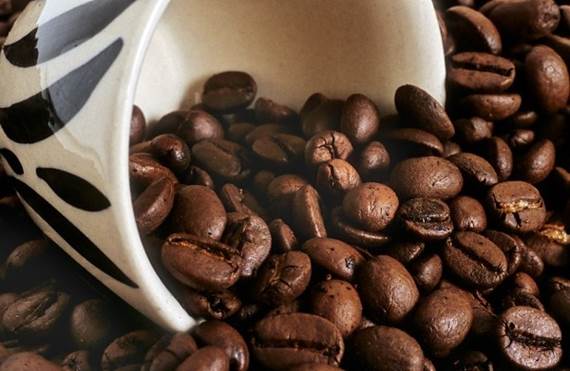Healthy and sensible diets in pregnancy are
very important to health of mothers and fetuses.
Nutrition in pregnancy
According to medicine specialists, pregnant
women should absorb 300 calories a day. Although nausea and vomit in first
months of pregnancy can bring you discomfort and appetite loss, you should to
have a balance diet that provides you with necessary vitamins during pregnancy.
the followings are recommendations that support your and fetal health.

Pregnant
women should eat a variety of foods during pregnancy.
Specifically, you should choose a diet
including lots of fibrous vegetable, such as whole-grain bread, grains,
spaghetti, fruits and vegetables.
Make sure that you receive the necessary
amount of vitamins and minerals in your daily diet. Don’t underestimate vitamin
pills that your doctor recommends for your pregnancy. Remember that foods that
you absorb can’t provide you enough vitamin you need for your pregnancy.
Milk and milk products will provide you
with calcium that you need for a day. You need to maintain absorbing 1,000-3,000
mg calcium from your diet during pregnancy.
Besides, improving eating much of iron-rich
foods like beef, pork and liver is extremely important.

Vitamin
C is very good for pregnant women’s health as well as baby’s developments.
Vitamin C is very good for pregnant women’s
health as well as baby’s developments. You can provide yourself with vitamin C
by eating fruits and vegetables, such as orange, grapefruits, strawberries,
lemons, papaya, broccoli, cauliflower, Brussel sprout, green pepper, tomato,
mustard…. Remember that pregnant women need to absorb at least 70mg vitamin C a
day.
It’s needless to say how important folic
acid is to fetal developments. That mineral will prevent neural tube defects,
such as fetal spinal bifida.
Folic acid is largely contained in
dark-green vegetables, veal and beans (Lima, back bean and green bean),
pregnant woman need to have 0.4 mg folic acid a day.

Folic
acid is largely contained in dark-green vegetables.
Besides, vitamin A is also extremely
important to pregnant women. Vitamin A is largely contained in carrot, pumpkin,
sweet potatoes, spinach, squash, beets, apricot and watermelon….
These are foods that pregnant women should
eat, how about ones that need avoiding?
Foods to avoid
Avoid drinking alcohol during pregnancy.
What’s that for? Medical specialists claimed that alcohol relates to premature
birth, mental retardation, birth defects and low birth weight.
You should limit using caffeine, under 300
mg a day. Caffeine is comprised in coffee, tea and soft drinks. Those drinks
have bad effect on iron and other nutrient absorption of both pregnant women
and their fetuses.

You
should limit using caffeine, under 300mg a day.
Pregnant women should eat shark, sword
fish, mackerel or dragon because they have a certain content of mercury.
Pregnant women who absorb too much mercury can indirectly damage fetal
developing neural system. The bigger and older fishes get, the more mercury
they have.

Pregnant
women should eat shark, sword fish, mackerel or dragon because they have a
certain content of mercury.
Avoid soft cheeses – the unpasteurized ones
because they can provide bacteria that are able to attack pregnant women and
fetuses.
When not feeling well, what foods should pregnant women
eat?
In pregnancy, if you have to suffer from
nausea, diarrhea and constipation, you can feel unwilling to eat or lose
appetite. There are some tips:
Nausea: You should eat biscuit and cereal.
Divide normal meals into smaller ones, disperse them in the whole day. Avoid
fried and greasy foods.

If
you have nausea, try some biscuits.
·
Constipation: You should eat lots of fresh
fruits and vegetables. Drink as much of water as you can.
·
Diarrhea: You should eat lots of fruits that
have plenty of fiber. The fiber will help you absorb water. You can provide
yourself with fiber by eating apple, banana, white rice, oats, bread and
refined wheat….
·
Heartburn: You should divide normal meals into
smaller ones and disperse them equally in a day. Limit eating foods that
contains lots of caffeine and spicy foods.